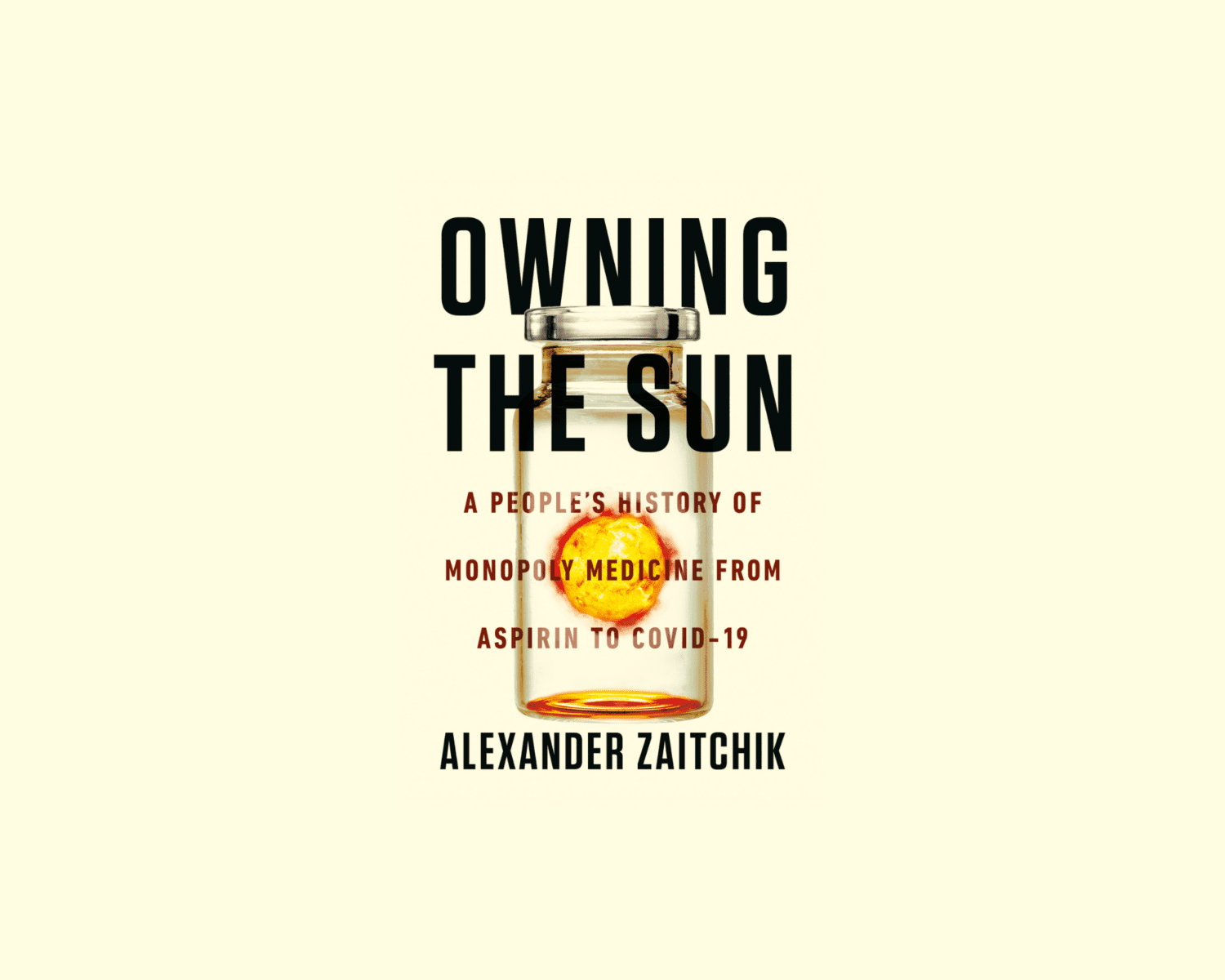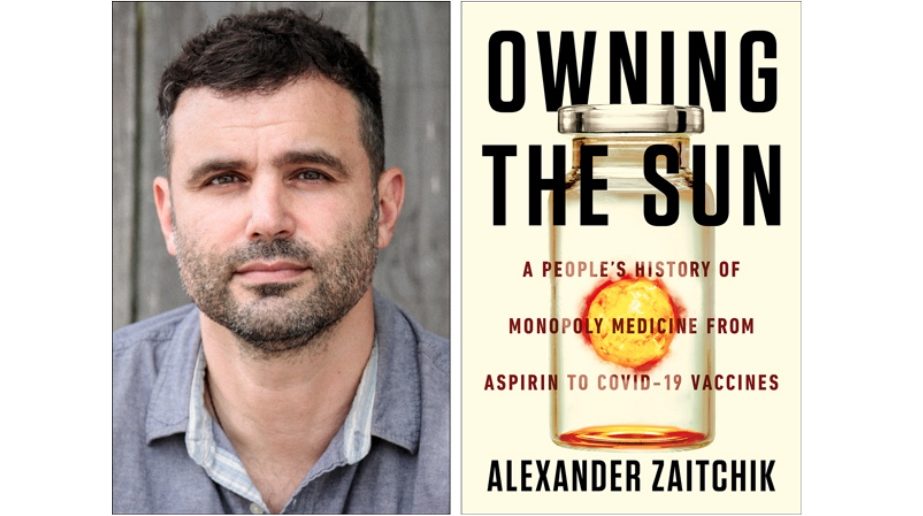The following is an excerpt of an article that was originally published on The New Republic.
Click here to read the full article.
Longtermists focus on ensuring humanity’s existence into the far future. But not without sacrifices in the present.
By Alexander Zaitchik
“It’s tough to make predictions, especially about the future” is a line sometimes attributed to Yogi Berra and sometimes to the Danish physicist Niels Bohr. Whoever said it first, or better, I’ll give it to the Dane. Bohr revealed the randomness and unknowability that defines that tiniest of time horizons, the movement of electrons, and his legacy is an exemplar of the paradox of progress. After helping the Allies win a nuclear arms race against the Nazis, Bohr tried and failed to stop another between Washington and Moscow, only to die of heart failure weeks after the end of the Cuban Missile Crisis, in somber accord with another Berra observation, this one uncontested, that the future ain’t what it used to be.
The tragic ironies and grim specters of Bohr’s generation haunt but don’t much disturb What We Owe the Future, William MacAskill’s contribution to longtermism—a small, well-funded, and stealthily influential movement based in his home institution, Oxford University. Longtermism, in its most distilled form, posits that one’s highest ethical duty in the present is to increase the odds, however slightly, of humanity’s long-term survival and the colonization of the Virgo supercluster of galaxies by our distant descendants. Since the distribution of intellectual and material resources is zero-sum, this requires making sacrifices in the present. These sacrifices are justified, argue the longtermists, because technological advance will in time produce such literally astronomical amounts of future “value” that the travails and sufferings of today’s meat-puppet humanity pale to near-insignificance. This overwhelming potential, writes MacAskill, creates an ethical mandate to abandon “the tyranny of the present over the future.”
The number of potential people who fill this theoretical future can’t be counted without recourse to the factored numbers that clutter so much longtermist literature. MacAskill dispenses with these in favor of three pages filled with the unisex bathroom symbol, each representing 10 billion people, to suggest the scope of the moral responsibility they impose upon us. “The future could be very big,” according to MacAskill. “It could also be very good—or very bad.” The good version, he argues, requires us to maintain and accelerate economic growth and technological progress, even at great cost, to facilitate the emergence of artificial intelligence that can, in turn, scale growth exponentially to fuel cosmic conquest by hyperintelligent beings who will possess only a remote ancestral relationship to homo sapiens.
With its blend of wild-eyed techno-optimism and utopianism, longtermism has emerged as the parlor philosophy of choice among the Silicon Valley jet-pack set. MacAskill’s colleague, the Swedish-born philosopher Nick Bostrom, drew attention in the early 2000s with his work developing the concept of “existential risk”—a philosophical frame that assesses the value and significance of events by how likely they are to secure or threaten humanity’s continued existence. In recent years, Peter Thiel, Elon Musk, and Skype founder Jaan Tallinn have all expressed interest in his ideas. In 2012, Tallinn co-founded the Centre for the Study of Existential Risk at Cambridge University, and he has been a major donor to the Future of Humanity Institute at Oxford, where Bostrom has worked on a longtermist research agenda.
MacAskill’s work has also found praise in Silicon Valley, with Elon Musk describing What We Owe the Future, in a typically self-regarding endorsement, as “a close match for my philosophy.” Of the many marquee-name blurbs and affirmations showered on the book, this one by the world’s richest person comes closest to suggesting the real significance of longtermism’s creeping influence. Because, for all its sci-fi flavorings, what commands attention to longtermism is not any compelling case for prioritizing the value of distant exoplanets and centuries, but the billionaire politics it seeks to impose on the rest of us.
Read more at The New Republic.
Alexander Zaitchik is a writing fellow for the Economy for All project at the Independent Media Institute and a freelance journalist based in New Orleans. His writing has appeared in the Nation, the New Republic, the Intercept, the Guardian, Rolling Stone, Foreign Policy, Vice and more. He is the author of several books, including Owning the Sun: A People’s History of Monopoly Medicine from Aspirin to COVID-19 (Counterpoint Press, 2022).


